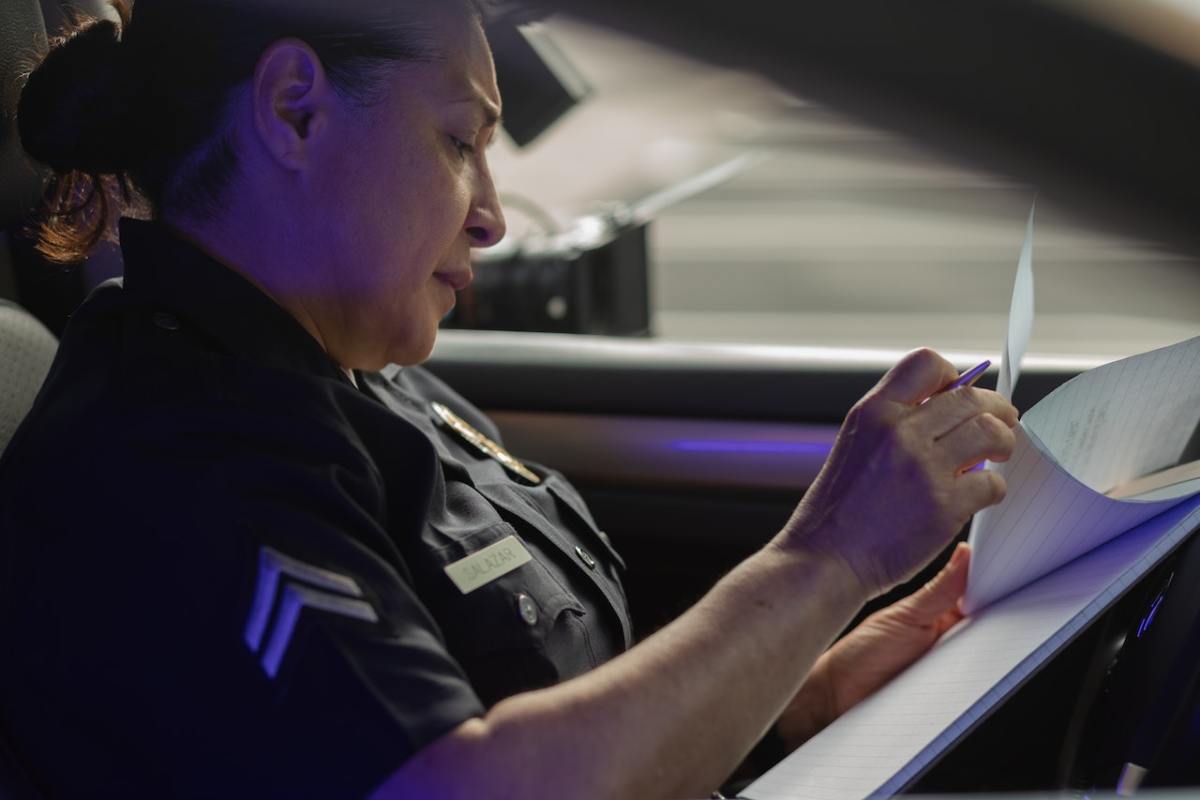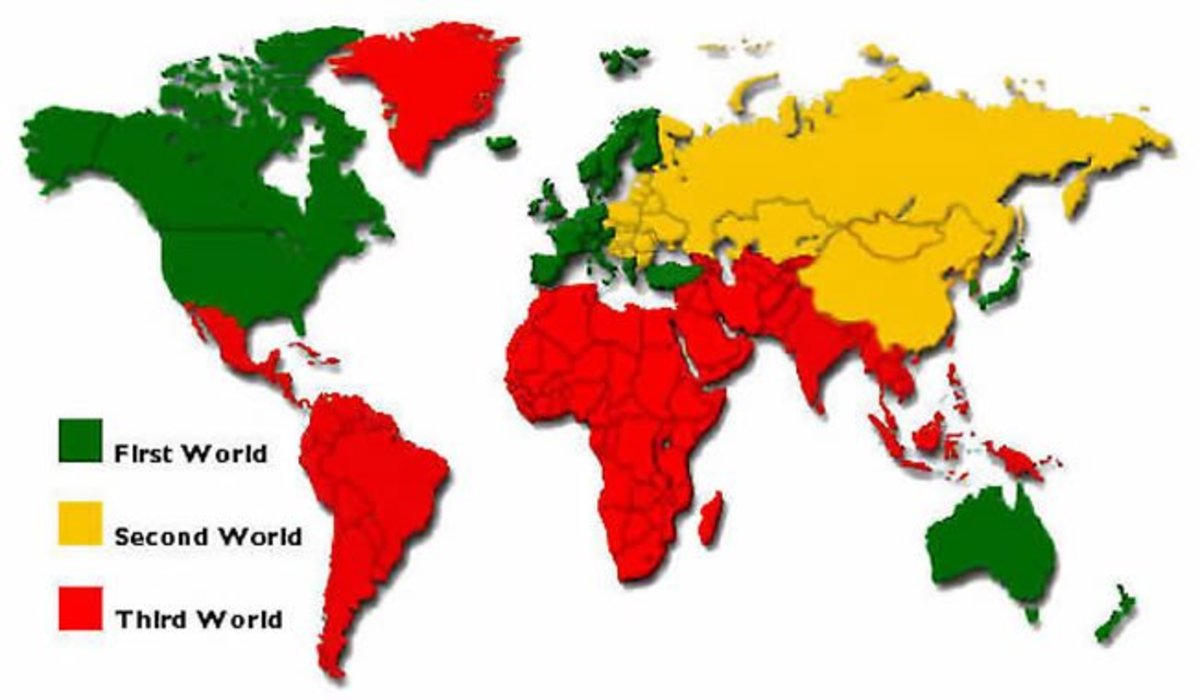Decoding the Criminal Justice Job Description

Careers in criminal justice vary from direct interaction with offenders to behind-the-scenes public planning that deters crime. Yet, all careers in criminal justice exist to serve the same purpose: to keep citizens safe and prevent crime from happening. Read on to learn more about criminal justice job descriptions and see if a career in this field might be right for you.
Police Officer & Police Detective
Do you want a career with a diverse job description and room for advancement? Do you have a commanding presence and a keen eye? Not afraid of a little bit of danger? A career as a police officer or police detective might be an option for you.
As a police officer, you have many job tasks and divisions in which to work. Traffic cops and highway police enforce the rules of the road. They issue traffic violation tickets and assist with traffic control during peak hours or in construction zones. Patrol officers may work a certain area, or beat, and respond to radio dispatch calls that range from domestic disputes to burglary to fire and emergency calls. Police detectives are plainclothes officers who investigate crime. They typically specialize in one area, such as homicide or fraud.
Regardless of the type of officer you want to become, you will be required to pass certain physical and written exams prior to joining the force. Learn more about requirements to become a police officer.
Although police officers and police detectives oftentimes cross paths, the responsibilities vary. Get more information on what to do to become a police officer and the requirements to become a police detective.
FBI Special Agent
Are you a motivated, intelligent law enforcement officer? Do you thrive under pressure and high steaks? Are you ready to take the next step in your criminal justice career? FBI agents are the cream of the crop in law enforcement.
Like police officers, special agents in the FBI can find a role in many diverse departments. From counterintelligence to terrorism prevention, fraud to organized crime, cybercrime to human trafficking, the FBI covers a broad range of security threats to our nation.
The requirements to become an FBI agent are similar to that expected of police officers. However, FBI education requirements are more stringent. Most FBI agents are required to have a bachelor’s degree in a field that relates to one of the five Special Agent Entry Programs: accounting, computer science/information technology, language, law, diversified. You must also have three years of work experience and be a U.S. citizen between the ages of 23 and 36.
Correctional Officer
Are you looking to break into the criminal justice field? Are you compassionate, but not easily intimidated? Do you enjoy order and keeping the peace? Maybe you should consider a career as a correctional officer.
Correctional officers may work at the local, state or federal level in correctional facilities including jails, prisons and juvenile detentions. At lower security facilities, correctional officers need only have a high school diploma or equivalent. However, some college experience is preferred and a bachelor’s degree in a related field is required for employment at the federal level. Law enforcement and military service may substitute for educational requirements.
Correctional officer duties are similar, regardless of the correctional facility in which the officer works. On a day-to-day basis, correctional officers are responsible for ensuring the safety of the offenders under their supervision. This means checking offenders and their possessions for contraband, enforcing the rules of the facility, inspecting facility conditions for safety violations, aiding in offender rehabilitation, mitigating disputes among inmates and other miscellaneous duties as they arise.
Penologist
Are you interested in the philosophical and psychological aspects of incarceration? Do you want to find a way to improve rehabilitation for offenders? Penology focuses on prison management and the effectiveness of punitive methodologies.
Penologists study incarceration communities to determine their effect on rehabilitation and to analyze inmate behavior. Daily duties of penologists include interviewing prisoners, observing behavior between prisoners and correctional staff and studying the outcomes of current methods and programs within a facility. Findings are used to develop better methods of rehabilitation to improve prison reintegration into society.
To become a penologist, you must hold a minimum of a bachelor’s degree in criminal justice, justice administration, psychology or a related field. Degrees in criminal justice and justice administration are typically preferred. However, a background or minor in psychology is incredibly useful. Penologists work with inmates who may have serious drug, mental or social issues. Penologists must also be able to understand human motivators and behavior.
Criminal Justice Professor
Many law enforcement officers consider a career in academia once they have risen through the ranks or no longer desire to work hands-on with the force. If you’re ready to step out of the ring and pass your knowledge on to the next generation of officers, a position as a criminal justice professor might be up your alley.
In most states, colleges and universities prefer that professors hold a terminal degree in their field. However, if you’re experienced in your field and hold a master’s degree, some state colleges and universities will hire you as an adjunct professor. You may also be able to find a teaching position at a private school, as they are not beholden to state requirements.
The criminal justice field holds many opportunities for individuals at every level of their career and academic journey. A rewarding and exciting career may be just around the corner.








